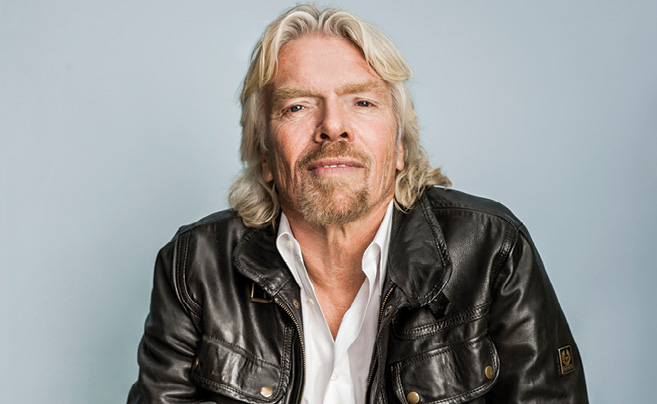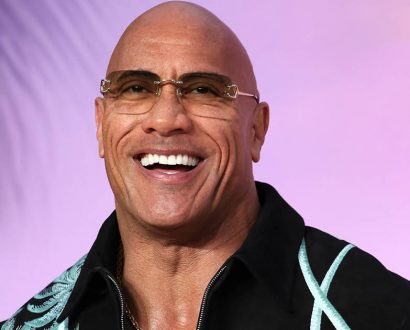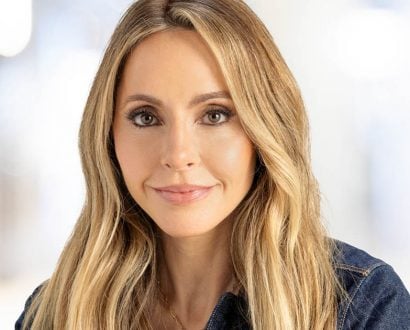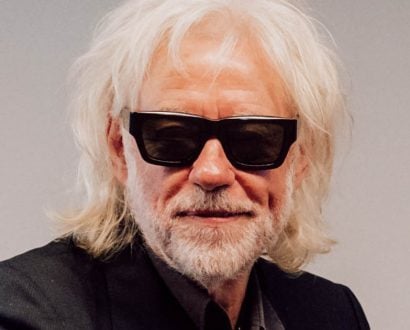Last year, The CEO Magazine was invited to spend six days at the home of one of the world’s leading businessmen, the iconic entrepreneur Richard Branson. In May this year, we returned to his idyllic paradise on Necker Island to enjoy more time with the visionary thinker to discover what really underscores his decision-making mindset.
Someone who has made more than $5 billion and launched some of the leading companies in the world is obviously a wealth of knowledge when it comes to the successful running of a business. As we all know, business can be damn difficult at times, and sometimes you need to make tough decisions.
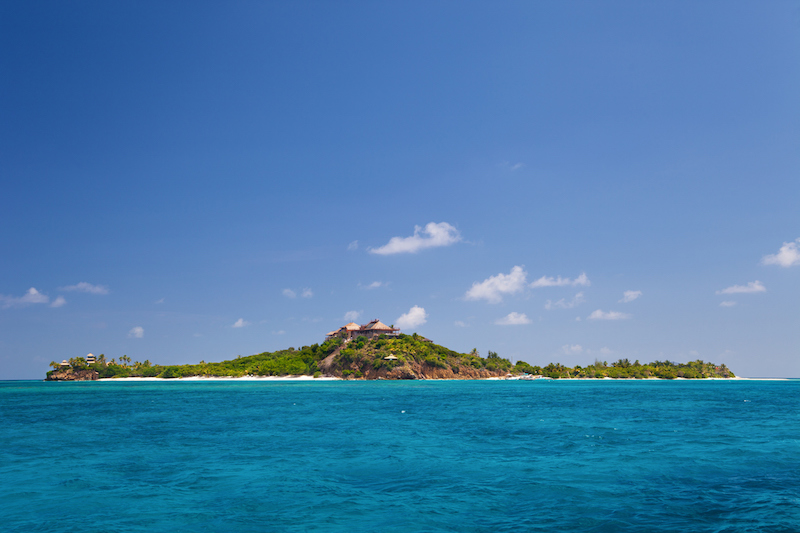
As Branson himself will tell you, you cannot — and will not — get every decision right.
It’s his thought process that intrigues so many people — how he reaches his business outcomes, and what goes through his mind during some tough decision-making processes.
Does he think things through in extreme detail? Does he see business decisions as simplistic? Maybe he has this uncanny knack of just knowing when something is going to work? What is important to him? With so many people approaching Branson with start-up ideas and requests for funding, how can he spot the ‘unicorns’, as they are commonly referred to in the start-up world?
To those readers unfamiliar with ‘unicorns’ in terms of business, they are the propositions and ideas that turn into the one-in-a-million success story — those shining pearls in an overcrowded sea of hopeful oysters that led to Uber, Facebook, WhatsApp, and Twitter. They are start-up companies that have a stock-market valuation — or, if not listed, an estimated valuation — of a billion dollars or more.
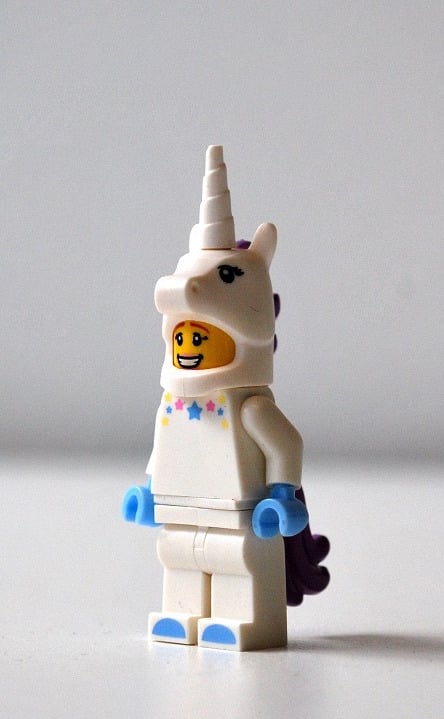
Let’s be clear and let’s also be honest: not everything Branson has touched has turned into gold. Far from it. As Theodore Roosevelt once said, “The only man who never makes a mistake is the man who never does anything.”
The beverage industry was one area in which the loveable business tycoon failed. Virgin Cola was launched in 1994, but in 2012 the UK producer went bust and no-one else acquired the licence. Virgin Vodka was a spirit that was born at the same time, but never came close to gaining the same traction — and the Virgin Drinks subsidiary has since folded.
A beardless Branson appeared in public with blue eye shadow in a wedding dress when Virgin Brides was launched, but that failed to take off as well. Cosmetics was next on the hit list and Virgin Vie was a new venture in 1997. Branson said he expected the make-up line to be in 100 high-street stores within five years; however, that venture never really took off, and by 2008 Virgin had to pay off millions in debt and the resulting high-street business was wound up in 2010.
Virgin Clothing was one of the most short-lived of all Branson’s business schemes. A range of mens and womens wear was launched in 1998 targeting high-street clothing stores, but it folded within two years.
So, yes, Branson has failed in business ventures before. But could his previous failures have somehow shaped or sharpened his decision-making process? How much have his previous experiences matured his decision-making mindset? Failures in business do not mean failure as a whole; far from it. To fail, you’ve got to actually try something, which is a damn sight better than not even attempting anything. As Branson himself once wrote, “Making mistakes and experiencing setbacks is part of the DNA of every successful entrepreneur, and I am no exception.”
So when The CEO Magazine was invited back to Necker, we left Sydney with the intention of understanding Branson’s thinking process — why and how he comes to the decisions he does (success or failure aside) — and getting deep into one of the world’s great business mindsets.
Necker Island sits happily in the tranquil, warm turquoise waters of the Caribbean, some 21 kilometres from the superbly named Beef Island — a 45-minute flight from San Juan in Puerto Rico.
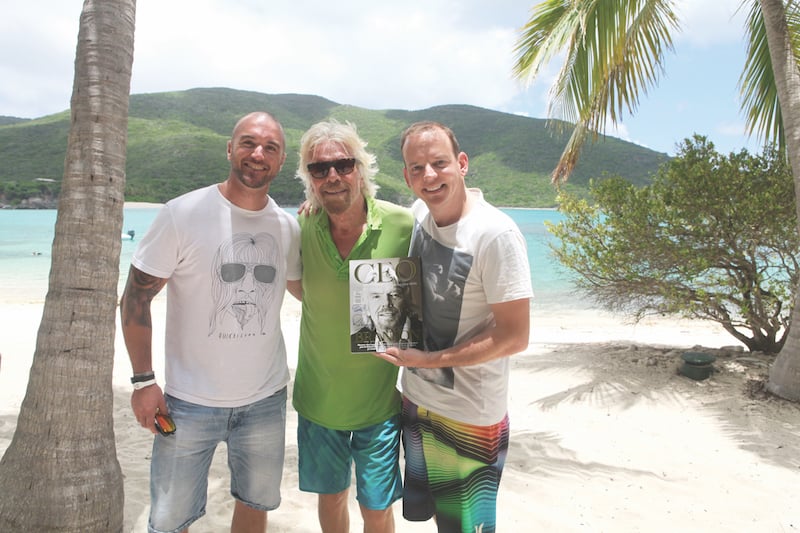
When Branson first set his eyes on the 74-acre piece of land, it was uninhabited. After negotiating and stumping up US$180,000 in 1978, he was forced to build a resort within five years of taking ownership, otherwise the government said it would be taken back by the state. Always up for a challenge, Branson gradually developed the island, which has now become synonymous with the words ‘luxury’, ‘exclusive’, and ‘retreat’.
Necker Island has a reputation to be a millionaire’s playground, a place where the rich and famous come to party and get away from the prying eyes of the public and press. It’s a place where the staff go out of their way to ensure guests have their every need met at any time of the day. Necker Island is probably the most exclusive, high-profile resort in the world, and the vibe, class, and charisma on the island is reflected squarely in Branson’s fun, playful, and brilliant attitude.
Returning to Necker this year was again a hugely positive experience made even more so by the fact that Branson spent more time talking to the team from The CEO Magazine.
Joining us on the island were twenty-five of the world’s most ambitious and forward-thinking entrepreneurs, who were invited by Billy and Fiona Chalk, the founders of an inspiring movement called Change Makers Rule Breakers. Collating a powerful mix of ambitious minds together at the home of one of the world’s greatest entrepreneurs is done with the intention of creating the ultimate think tank. The result is a highly motivated ecosystem where clever, game-changing ideas are born for the greater good by people who genuinely believe they can change
the world.
“Change Makers Rule Breakers is a community that shares its passions, ideas, and learnings. Necker Island has provided the base for magic, adventure, and bigger thinking. It is our community that connects people that are changing the world for the better. We know the future will be amazing because we are the ones creating it!” says Fiona Chalk.
“It is always great to welcome the Change Makers Rule Breakers to my home, Necker Island. CMRB brings together groups of fantastic people who love to learn from each other and have a great deal of fun doing so!” Branson says.
Aside from mingling with the great man himself, joining a group of successful business people and forward-thinking entrepreneurs has its obvious attractions. Powerful networks and strategic business relationships can be forged, new friends can be made, and innovative ideas can be hatched.
Branson joined us for breakfast, lunch, and dinner every day during our stay on Necker, and we actively participated in business sessions that were organised by Change Makers Rule Breakers.
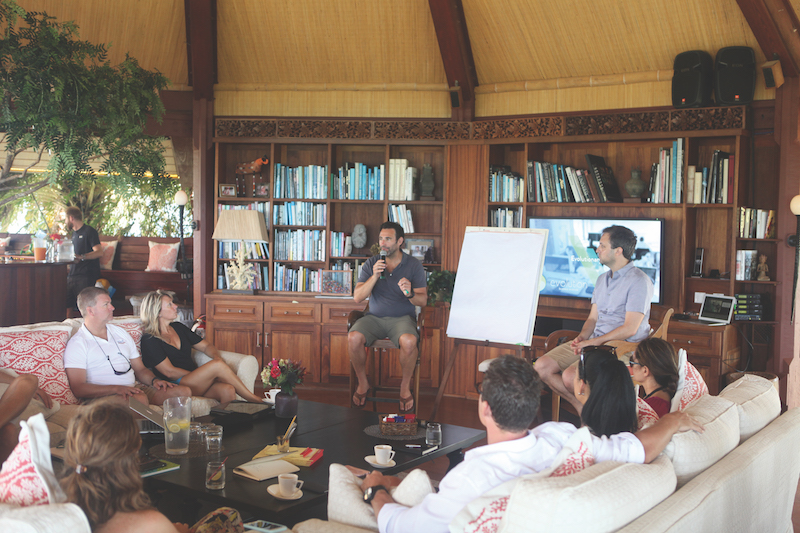
These sessions encourage everyone to listen and learn about business ventures from other attendees. The CEO Magazine team was also asked to help present a session on media with a truly inspiring lady called Deborah Morandin.
It is true to say that you meet inspirational people in inspirational places, and none more so than her. Deborah has been known as the ‘cat of nine lives’, having survived cancer in 2008 and two major life-changing accidents in 2003 and 2011. Both put her in a wheelchair, which required her to participate in years of rehab in order to walk again.
Deb started her empire in 2003 after recovering from a spinal accident. She hit the ground running with her signature program The Butterfly Experience, which she developed specifically for women, and went from zero to seven figures in her first six months in business.
Thanks to the thousands of positive outcomes from this and other programs she was involved in, Deborah and The Butterfly Experience were honoured with numerous awards, which included the Australian Entrepreneur of the Year Award, and she was chosen for four years running as the Australian Ambassador for Australia Day for her work in helping to create jobs and business success. She is just one example of the inspirational characters you can meet on Necker.
So when Deborah asked The CEO Magazine to help present a session on media, it was something we jumped at, and it turned out to be an incredibly rewarding experience.
There were other brains on the island that were also buzzing with incredible ideas fuelled by a burn on the inside that only genuine entrepreneurs feel.
Ex NASA space scientists rubbed toes with young wannabe start-up success stories. International drone experts sipped cocktails with venture capitalists. Ring-tailed lemurs were fed by marketing gurus alongside people who had built and sold some of the world’s fastest-growing companies.
It was a true entrepreneurial melting pot of people who genuinely believed they could change the world — bubbling with enthusiasm, determination, spirit, and the uncanny ability not to just think outside of the box but to question how the box itself could actually be improved.
However, it wasn’t during the business sessions that we really got a chance to quiz Branson on how and why he makes his business decisions. He is far more the sort of man who responds to a casual chat over a glass or two of red and some locally-sourced food (sustainability is one of Branson’s passions) than being peppered by questions from an eager, hungry audience.
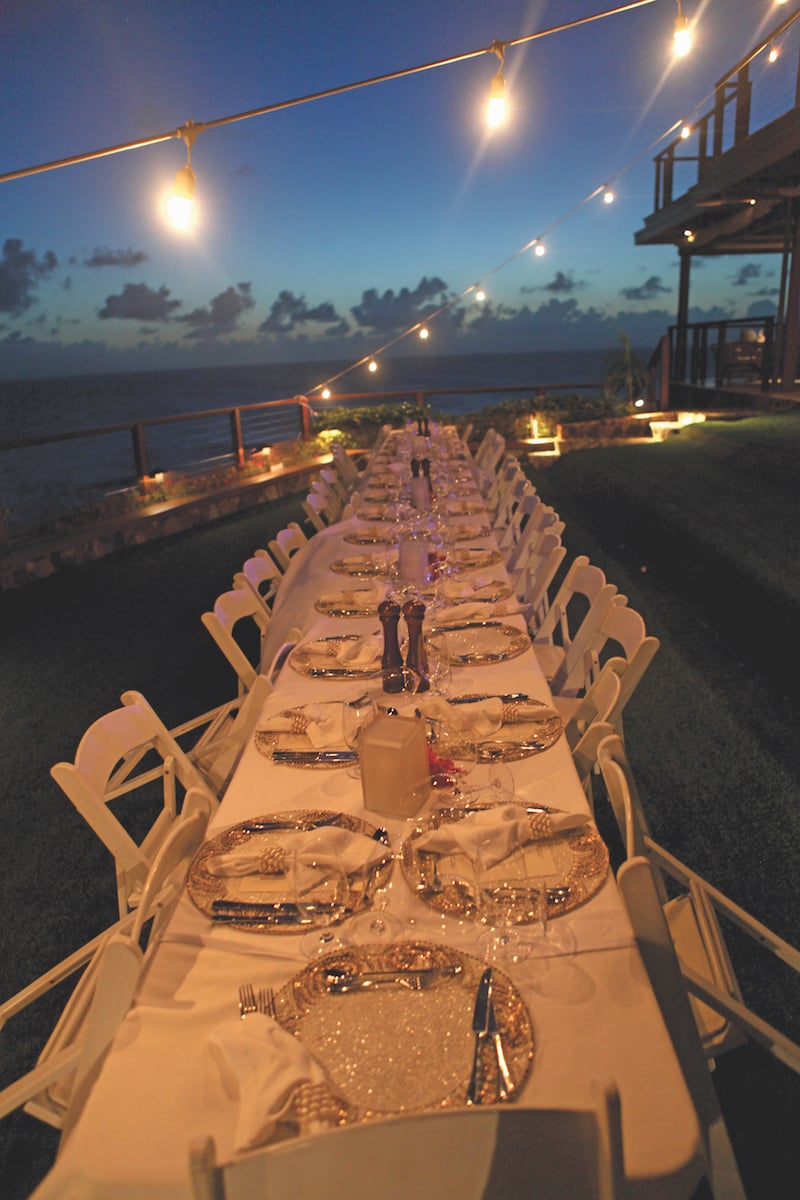
When you are sitting directly opposite Branson for dinner and tucking into exquisite food served with a jaw-dropping backdrop of the Caribbean Sea, it is easy to get immersed in the situation. However, we were determined to find out what his thought process is when making important business decisions.
“At the end of the day, the buck stops with you,” Branson told us while sipping a glass of red that warranted a serious nod of the cap to the winemaker. “As long as you don’t make the same mistake twice, just make a decision and go for it. If it’s your company, remember that it’s your call, and just make a decision — make your decision. We wouldn’t have had Virgin America, Virgin Galactic, and Virgin Atlantic if I didn’t just make a decision. If you believe in it, bear in mind that the buck stops with you, and just do it.”
The three words ‘just do it’ are synonymous with Branson. He carries the nickname of ‘Dr Yes’ within the corridors at Virgin; however, his catchphrase ‘Screw it, let’s do it’ may somehow just be an enigmatic exterior of what is a truly calculating mindset when deciding on propositions, sales pitches, and important business decisions.
“Screw it, let’s do it, has sometimes got me into a lot of trouble; more often than not, it has been fantastic. One of my greatest fears in life is saying no to something and then regretting it. So I have said yes a lot. Screwing it and just doing it is a lot more fun than not screwing it.”
Branson continued as the glass of red was topped up by one of the wait staff. “Despite my ‘Screw it, let’s do it’ approach, when you are evaluating things and important decisions in business and in life, it’s not great to act on an initial emotional response.
It’s easy to feel a certain way at the start when considering your options, but you need to give your decisions time to lose the influence of your first impression of whatever it is you’re thinking about.
“And the other thing is that you must always look at the big picture — what else you are doing in business and how any current decisions will affect, positively or negatively, the overall plan.”
Screw it, let’s do it, has sometimes got me into a lot of trouble; more often than not, it has been fantastic. One of my greatest fears in life is saying no to something and then regretting it. So I have said yes a lot. Screwing it and just doing it is a lot more fun than not screwing it.
Branson also indicated that it is crucial to gather opinions and sentiments from his advisers to assist in the decision-making process. “It’s important to be fully informed and aware of the thoughts and opinions from advisers, yet always remember that their advice is just that — advice. It doesn’t mean you have to act on it. But it’s good to have their views as part of your thought process. I’ve had advice about not going into trains and planes, but I still did it. Always consider suggestions from others, but, in the end, you have to make your own decisions.”
While he often reiterates that the final decision is yours to make alone, Branson fully believes in one of the most important facets in life: the importance of listening. “Listening is one of the most important things in business that a lot of people underestimate. You have to listen all the time — you learn more by listening than you ever will by talking.”
Family is vitally important to Branson. Richard and Joan were married in 1989 when their two children, Holly and Sam, were eight and four. The couple now have three grandchildren: Artie, Etta (Holly’s children), and Eva-Deia, born to Sam and wife Isabella in February 2015.
His wife, Joan, comes across as a very supportive and caring lady, while his children seem to have his forward-thinking and positive mindset ingrained in their DNA.
The second time we spoke to Branson about how and why he makes his decisions, we were determined to find out what role his family plays in his business evaluations. How important are their thoughts in his decision-making process? Again, he is very open, honest, and approachable about such things.
“I cannot remember a moment in my life when I haven’t felt the love of my family. We are a very close-knit family, and they mean the world to me, much more so than business. We are lucky to be very close, and that cousins, nephews, and nieces all get along nicely.
“My children are off doing their own things. But talking about a family when deciding on what to do in business, you have to respect their thoughts and opinions when you are making an important business decision. It’s important to gather other people’s viewpoints, including advisers and family. However, at the end of the day, you’re the man of the house and the buck stops with you.”

Branson was as enigmatic and playful as he was in 2015 when The CEO Magazine was invited to Necker for the first time — his serious and unequivocally clever entrepreneurial spark shining through.
Staying on Necker Island is a genuinely moving and motivating experience, and many of the parties that go until all hours of the morning are themed. Vegas, Zoo, Baywatch — the blithesome staff have costumes and paraphernalia to suit all occasions.
When you are dressed as a green frog in a private question-and-answer session with Branson, it’s hard not to feel his playful nature coming through. I asked Branson the question, “Have you ever been asked a question by a frog?” Branson, as sharp witted as ever and dressed up as one of the many lemurs that roam the island, replied, “No. Have you ever had an answer from a lemur?”
Aside from the jokes, banter, and merriment that permeate any stay on Necker, Branson imparted a liberal dose of his sagacity to us during our stay and we left with a true understanding of what makes the man tick — what the real, key fundamentals are to him when making testing business decisions.
It seems when making tough choices — those types of business calls that all business leaders, owners, and aspiring entrepreneurs need to make at some point — Branson advises you to follow your gut instinct and your intuition, but to be well informed, armed with the facts, and not to let other people mislead you. You need to let your initial feelings of the situation dissipate, to cogitate the big picture, and do what you think is best. At the end of the day, you just need to make whatever decision you think is right.
And those are Richard Branson’s decision-making rules that have helped him grow his net worth to some $5 billion. It would be foolhardy not to listen — after all, as the man himself says, you’ll learn more by listening than you ever will by talking.

